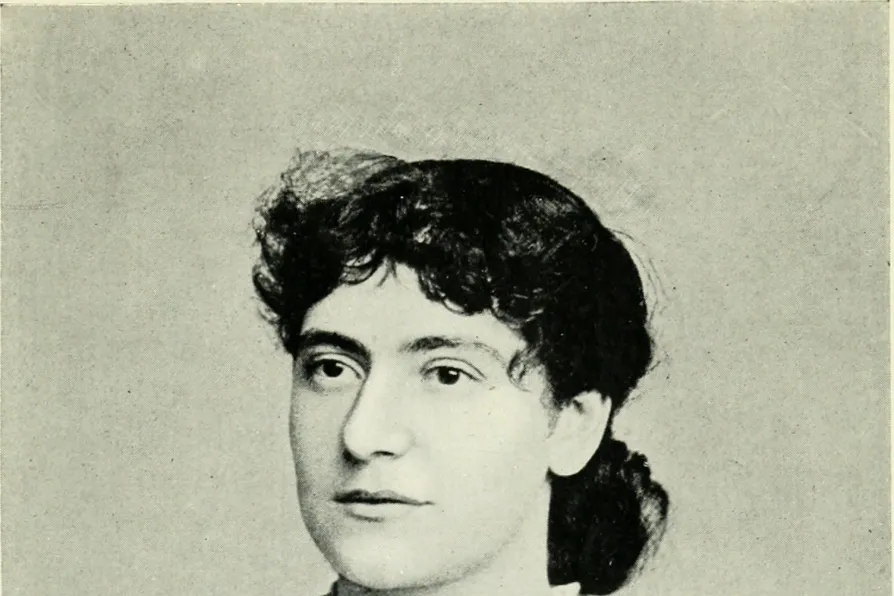The Carpathia isn’t coming to rescue this government still swimming in the mire, writes LINDA PENTZ GUNTER

 Eleanor Marx
Eleanor Marx
RACHEL HOLMES’S game-changing biography of Eleanor Marx (Eleanor Marx: A Life, Bloomsbury, 2014) not only restored Eleanor to her rightful place as foremother of socialism-feminism but raises serious questions about how we understand and engage Karl Marx’s legacy.
Eleanor, Karl’s youngest daughter and his favourite, was Marx’s first biographer and, Holmes shows throughout in her book, her editorial work was crucial in preserving her father’s legacy and bringing it centre-stage in the Second International, in which she was a central figure.
The work of an editor is a thankless job yet, as anyone who has ever published anything knows, it can make all the difference between a brilliant intervention which will change the world and an inconsequential piece of writing discarded to the garbage can of history.

The summer saw the co-founders of modern communism travelling from Ramsgate to Neuenahr to Scotland in search of good weather, good health and good newspapers in the reading rooms, writes KEITH FLETT













